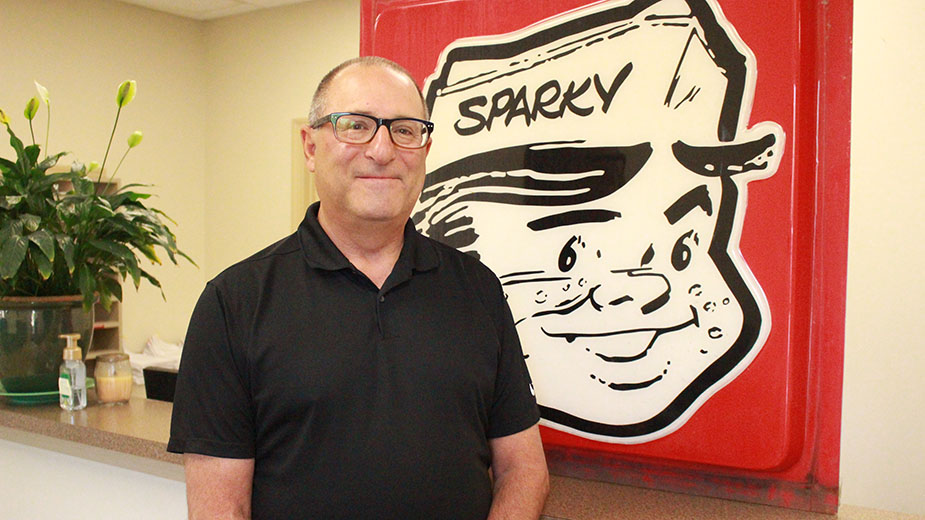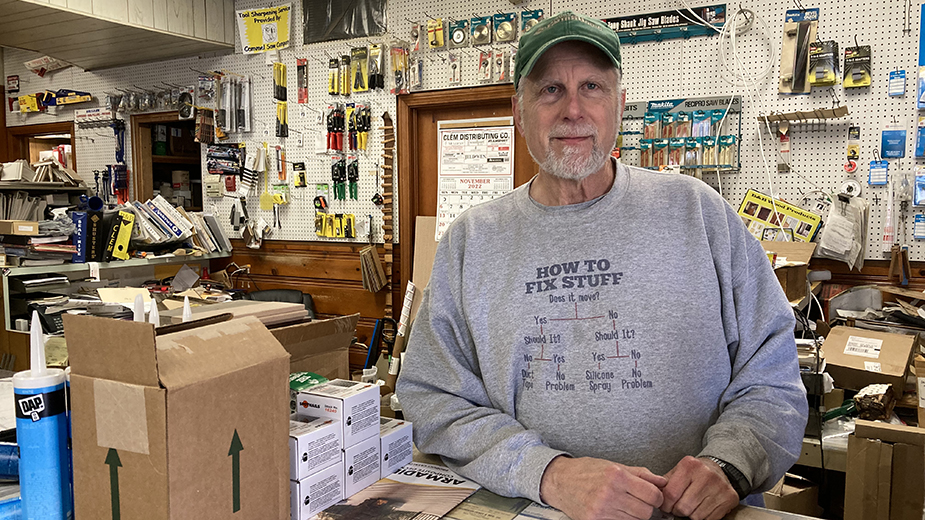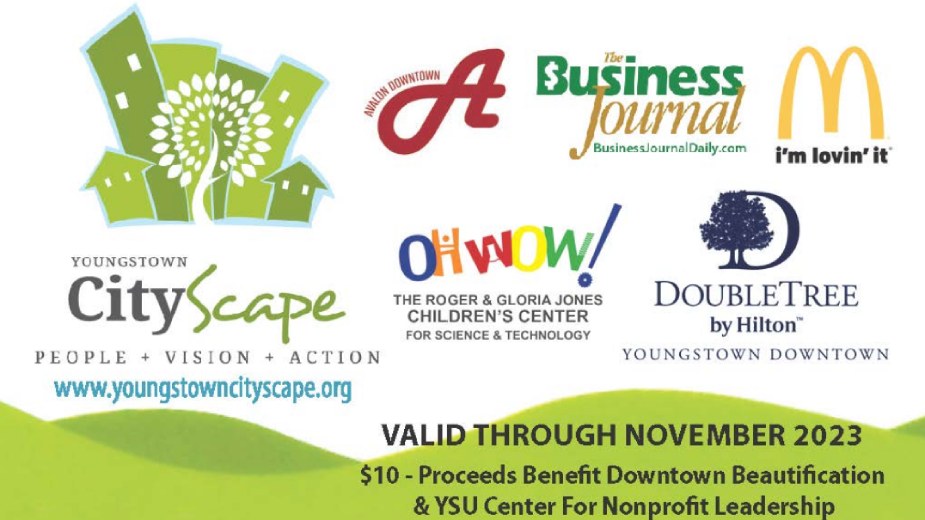Shop Local: Sparkle Keeps Its Focus on Customers
COLUMBIANA, Ohio – Vince Furrie has been working in the grocery industry most of his life. The 69-year-old Furrie began as a child in his father’s store, earning a soda and candy bar for his day of labor.
“Sugar came in 50-pound bags. So did flour,” Furrie says, recalling his youth.
Since then, he’s seen many changes. Nothing, however, compares to the challenges the industry faces today, he says. “Our business is going to be in an upheaval soon. If this doesn’t correct itself in a year or two, you’re going to see a lot of crashes in the supermarket business,” he says.
Furrie’s foray into the grocery industry began when his father opened Furrie Food Market in Youngstown’s Brier Hill neighborhood in 1947, where it remained until 1962 when he opened a new market on Glenwood Avenue.
He is president of the Village Plaza Sparkle Group, which consists of seven Sparkle Markets in Ohio and Pennsylvania. He is also president of the Independent Sparkle Group, a conglomeration of 19 individually owned markets that buy and advertise collectively to save costs.
Village Plaza Sparkle Group began in 1978 with the opening of the Village Plaza Sparkle in Columbiana.
Produce manager Erin Turney started working at the store a year later. “They’re good people to work for,” he says. “We’ve always been a customer service store. That’s always been our main thing.”
And that, unfortunately, Furrie says, is an aspect of the grocery industry that is changing, because many of the big chains have begun to rely on automation and reducing their front-end employees.
“You’ll come in and shop for your groceries. You’ll check yourself out and take your stuff out the door,” Furrie says. But that won’t be your experience at a Sparkle Market, he says.
“I like that we have staff in the store that can help customers. I believe that the more people we have, the better it is for our community,” Furrie says.
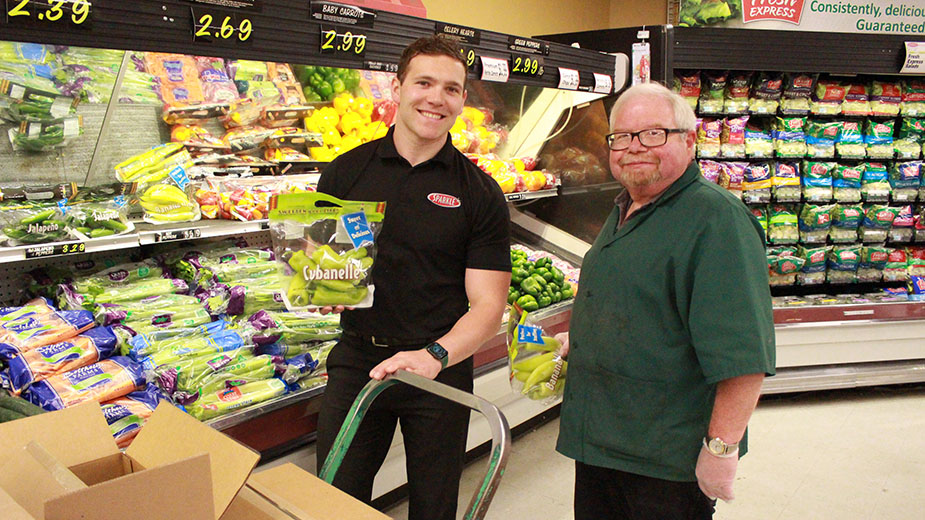
The history of Sparkle in the Mahoning Valley began in 1955 when four grocers here merged with an Akron-area group. The Akron group eventually transitioned into other entities but the Mahoning Valley group kept growing.
“We ran the [Columbiana] store with the idea it would do so much dollars per week. Well, it doubled that,” Furrie says.
The industry today, Furrie contends, is being squeezed on all sides by higher wages, a shortage of labor, a broken supply chain and higher food costs resulting from inflation. “We cannot afford to pay the wages we’re paying with the money we’re making on a lot of products,” he says.
In April, the U.S. Bureau of Labor Statistics reported the consumer price index was up 8.3% year-over-year. Food costs were up 0.9% from the previous month, marking the 17th consecutive month of increases.
The result, Furrie says, is that grocery store operators are dealing with even thinner margins on most of their products.
“We’re losing money on eggs,” he says. “Eggs should be $5 a dozen. You can’t pass everything on to the customer. It’s just not feasible. You won’t have any sales.”
While margins have shrunk, workers’ wages have gone up – when you can find employees, that is. Furrie says his stores currently employ about 500, a number that should be closer to 750 to be able to fully staff all departments. “I’d like to have another 150 people hired right now,” he says.
As an example, he points to the Lemon Tree flower shop at his store in New Castle, which he has been trying to open for three years. “We have no designers,” he says.
While the Village Plaza Sparkle Group has raised wages, some workers are lured to other industries that have raised wages even more. Furrie says he recently lost a baker who took a job in manufacturing for $30 an hour.
“How do you compete with $30 an hour? Not in this kind of business,” Furrie asks, before answering his own question. And what if the market corrects itself, he asks.
“I’d hate to see us get to a point where we’re giving wages out and then we correct ourselves and you’ve got guys who will lose their jobs because they’re not worth the money anymore,” he says.
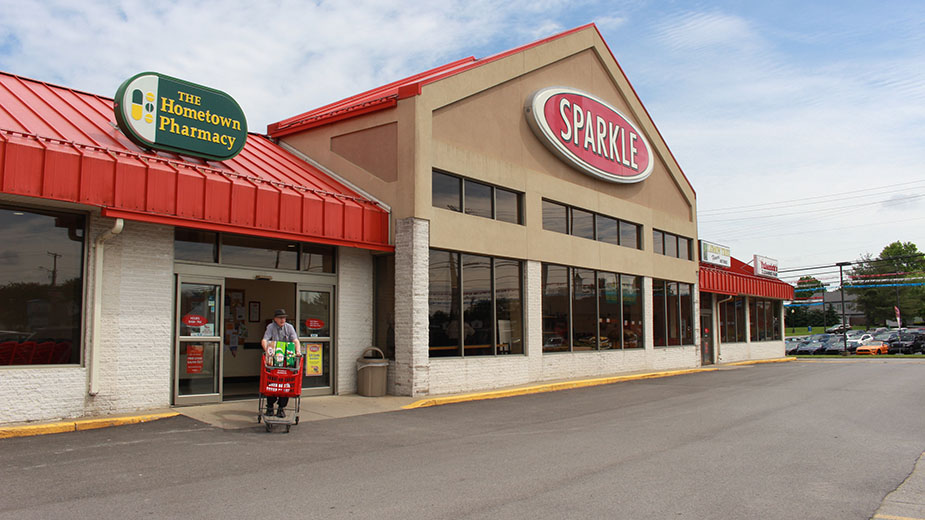
Another challenge is the supply chain, which Furrie describes as “fractured big-time.”
In normal times, he says, he would buy product from a maximum of three warehouses, so as not to clog up the loading bays at his store. Lately, he’s been purchasing from eight or nine at a time, he says.
“I’m buying paper products out of Mexico right now and I’m getting a better price and no transportation fees. Understand that,” he says.
Adding to supply chain woes are some COVID protocols, which in some cases have caused meatpacking plants to reduce the number of workers on the lines, Furrie says.
“So now you’ve got half your work force. What do you think is going to happen? Now that animal that you’re eventually going to slaughter is gaining weight every day. Now he doesn’t fit the line. Doesn’t fit what you’re looking for,” he says.
But the industry has also been hampered by some self-inflicted wounds, many brought about by large-scale farms, Furrie says.
“I’d rather see small neighborhood farms and pay a little extra money. I think it’s safer. It’s so much safer,” Furrie says.
As an example, he points to an ongoing outbreak of avian flu, which has led to the death of millions of turkeys and chickens and, according to the U.S. Department of Agriculture, drove the price of eggs up 10.3% in April.
In its April Food Price Outlook, the USDA said, “Retail poultry prices have been high, with historically low stocks of frozen chicken (also called ‘cold storage’). The ongoing highly pathogenic avian influenza outbreak has also contributed to increasing poultry prices as over 38 million birds have been affected.”
Furrie concedes that big farms are more efficient and thus able to pass along lower prices to consumers. But, those savings come at the expense of flexibility and leave little room for error.
“If you make one mistake,” he says, “it affects a million birds.”
Pictured at top: Vince Furrie stands next to the iconic “Sparky” logo created 50-plus years ago.
Copyright 2024 The Business Journal, Youngstown, Ohio.
